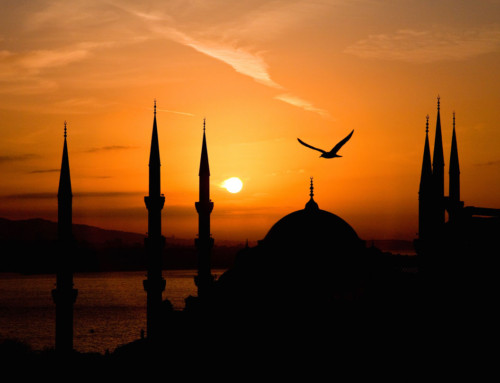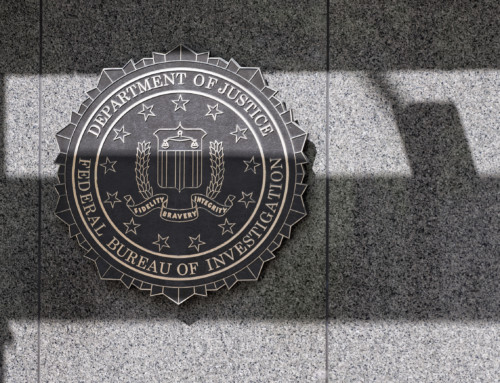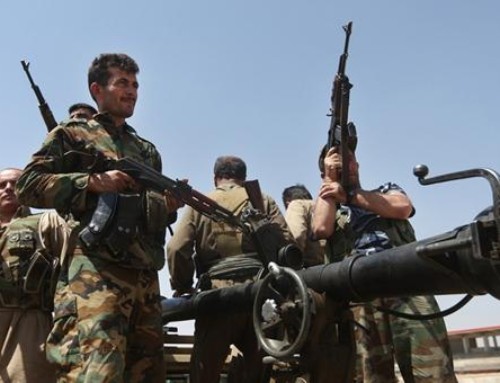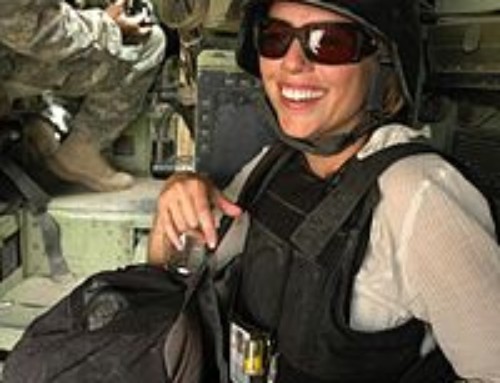About the Afghani Northern Alliance fighters and Western Military
Although it is not fashionable to give President Bush any credit for successfully prosecuting the War on militant Islam, the Afghan theater is proving to be a solid model for the future where four positives for the West have emerged. One, in 2001, the coalition of Afghani Northern Alliance fighters and Western military were able to remove the Taliban from power in a matter of weeks and, two, in so doing, moved the war to the Middle East. Three, the U.S. now has handed off military leadership there to a European led NATO command. And four, NATO is winning.
Six weeks ago, a Reuters man stationed in Kabul, Sayed Salahuddin, reported that in fierce clashes over a three-day period in the southern province of Uruzgan, 55 Taliban were killed while only one NATO soldier was lost. The nationality of the NATO soldier was not disclosed, however most of the coalition forces in this region are Afghani and Dutch.
Despite recent victories, Mr. Salahuddin’s report also cites that fact that tragically 3,800 Afghans have been killed this year by “insurgents or foreign forces.” But the fact that there are new attacks in Afghanistan does not reflect badly on the military model. There are untold numbers of Jihadists in the region. Like Iraq, it’s good that we fight them there.
In a related AP story, President Karzai made a desperate plea to NATO-Afghan forces in his country to proceed with caution in “anti-terrorist” attacks so that innocent civilians are not killed. At least Mr. Karzai has the clarity to refer to the enemy who kills its own people as terrorists rather than “foreign forces” or “Taliban fighters.” The Reuters editors need to understand that this war is, among many things, a propaganda war and that the news organization’s choice of words betrays them.
Somalia Is Huge Win for CIA in War on Terror
On the morning of Nov. 1, 1963, President John F. Kennedy flinched when he read a note handed to him by his aide. The commanders of the various American military branches who were arrayed around the President, those men attending a Joint Chiefs of Staff meeting all knew, based on the way Kennedy’s body reacted, what the contents of the note were. As H.R. McMaster records in Dereliction of Duty, an acclaimed account of the early years of the Vietnam War, “The former allies in the fight against Communism (Prime Minister Diem and his brother, Ngo Dinh Nhu) now lay dead in the back of an American-made armored personnel carrier…”
A group of South Vietnamese generals headed by Duong Van Minh had carried off the coup but a number of men inside Kennedy’s inner circle, Dean Rusk, Henry Cabot Lodge, and others who wanted a regime change in South Vietnam, were their co conspirators. All of the Joint Chiefs had counseled Kennedy not to authorize the coup. But now they and their young President, on that morning, knew they had crossed the Rubicon. It would now be America’s responsibility to protect the South Vietnamese from the North and its sponsor, the Soviets. It would be up to the U.S. to prevent the new regime from falling.
Twelve years and 58,000 American lives later, Saigon had fallen and the Democrat-dominated congress was determined to show the American voters that in the wake of the worst debacle since the civil war, they would find causes and culprits and enact laws to prevent a reprise of such a tragedy. The congress selected for its scapegoat, the CIA and the broader intelligence community. While the CIA had no role in the Diem coup, or were party to the decisions which led to America’s ultimately losing the Vietnam war, the agency would be the fall the guy.
As a consequence of the Church committee hearings during the 1970s, the agency was gutted. Vast numbers of officers resigned, untold numbers of foreign agents were compromised, many no doubt gruesomely killed, and ominously, a “wall” was erected between the FBI and the CIA to ensure that the two agencies did not collude by sharing information. Zacarias Mousaui and Mohammed Atta fell through the cracks precisely because of our misguided politicians who decided that atonement for Vietnam necessitated the emasculation of the of country’s intelligence operations. The 9/11 Commission and report was simply a massive exercise on the part of Congress which was supposed to be providing reasoned oversight of intelligence operations but has been screwing it up since the 70s.
For the CIA and our intelligence community, the ongoing success of Somalia operations signals that it’s a whole new century. For al Qaeda and its allied jihadists, Somalia has been both a strategic and spiritual asset for two decades. Its loss may be as significant as the Japanese loss at Midway. When bin Laden in 1994, saw America evacuate the country, leaving 18 dead soldiers to be dragged through the streets, it was an epiphany. He proclaimed that America was finished, that the world “would choose the stronger horse.” Somalia was for al Qaeda a vital base where, for example, members of the East African terrorist cell, al-Itihaad al-Islamiya were safely domiciled after the 1998 embassy bombings in Kenya and Tanzania. A Saudi funded leader of the above cell, Hassan Dahir Aweys, was also a key official of the Islamic Courts Union. By June of last year, very similar to Afghanistan under the Taliban, Somali had become not just a safe haven but a terrorist-run state.
In case anyone reading this thinks bin Laden is dead, soon after the Islamic Courts Union (ICU) seized control of Mogadishu he issued a fatwa urging it to declare war on the neighboring Christian government of Ethiopia. In addition to beheading anyone who was caught not praying to Mecca five times daily, one the ICU’s first official acts was to declare a “holy war” against Ethiopia, repeatedly declaring that they intended to forcibly incorporate ethnic (Sunni) Somalis living in Ethiopia, Kenya and Djibouti into greater Somalia.
Next the usual western media outlets all began warning that if Ethiopia combined with the CIA/U.S. backed Somali war lords were to attack the new Islamists running Somalia, a wider war, perhaps an out of control conflagration would ensue because there were many “moderate” Middle Eastern states such as our good ally, Saudi Arabia, who were ling aid to the ICU. But admonitions from the New York Times did not deter Ethiopian Prime Minister Meles Zenawi. He took the Islamists of the ICU at their word. He believed them when they declared war and he attacked them. This was an object lesson for the West in the war on terror. … To be continued…
More on the historic success of Somalia in the next edition of Good News from the Front.
The Vietnam-Iraq War Corollary
This week JFK’s brother, Sen. Teddy Kennedy, has libeled the Iraq War as President Bush’s Vietnam. Lee Kuan Yew was Prime Minister of Singapore from 1959 to 1990. Due to his country’s close proximity to Vietnam during the war’s heaviest fighting, 1966 through 1972, virtually all American political leaders who visited South Vietnam stopped also in Singapore to discuss with him the regional situation. This gave Yew an intimate knowledge of the not just the decisions that shaped the war but also what the war’s aftermath has meant to the people of the region.
In the most recent edition of Foreign Affairs Magazine, Mr. Yew states:
Conventional wisdom in the 1970s saw the war in Vietnam as an unmitigated disaster. But this has proved wrong. The war had collateral benefits, buying time and creating conditions that enabled non-communist East Asia to follow Japan’s path and to develop into the four dragons (Hong Kong, Singapore, South Korea, and Taiwan) and later, the four tigers (Indonesia, Malaysia, the Philippians, and Thailand. Time brought about the split between Moscow and Beijing and then the split between Beijing and Hanoi.
Mr. Yew goes on to state that the highly successful capitalist countries which surrounded China and Vietnam, those which the war gave time to flourish and grow strong, resisted Communist intervention and also changed China into a more open, more free-market state. Aand, I would add—a less overtly warlike state.
In essence, Mr. Yew lends his extremely tall stature to the argument that the Iraq war is very much like the Vietnam war is a just war and that it is NOT a quagmire or a disaster. Instead it is a very necessary front in the war with radicalized Islam, a point where we draw the line and say—no further. And just as the Vietnam war bought time for free South East Asians to flourish, grow strong, and provide a catalyst which changed the aggressive nature of China, this war will hopefully buy time and be a catalyst for free-minded Middle Easterners to reject the call for jihad, and time for the saner Persians to rise up and overthrow the terrorists running Iran.
NOTE: Publication: Human Events





